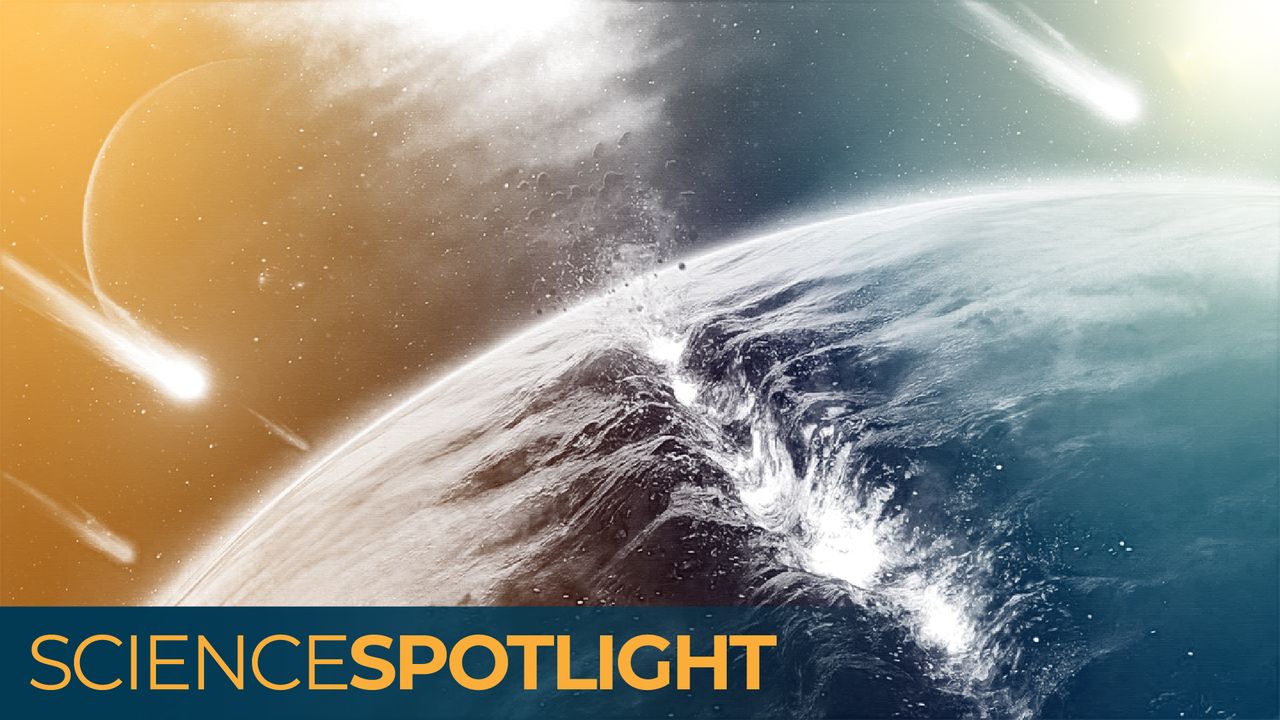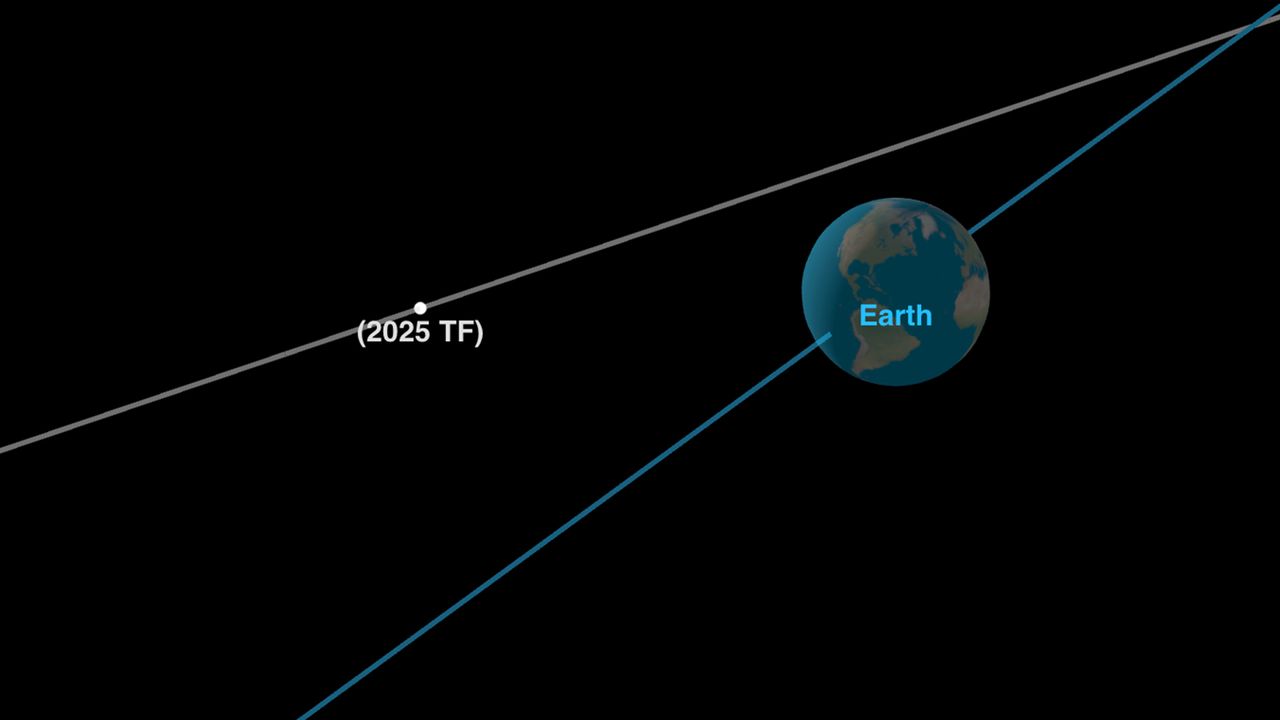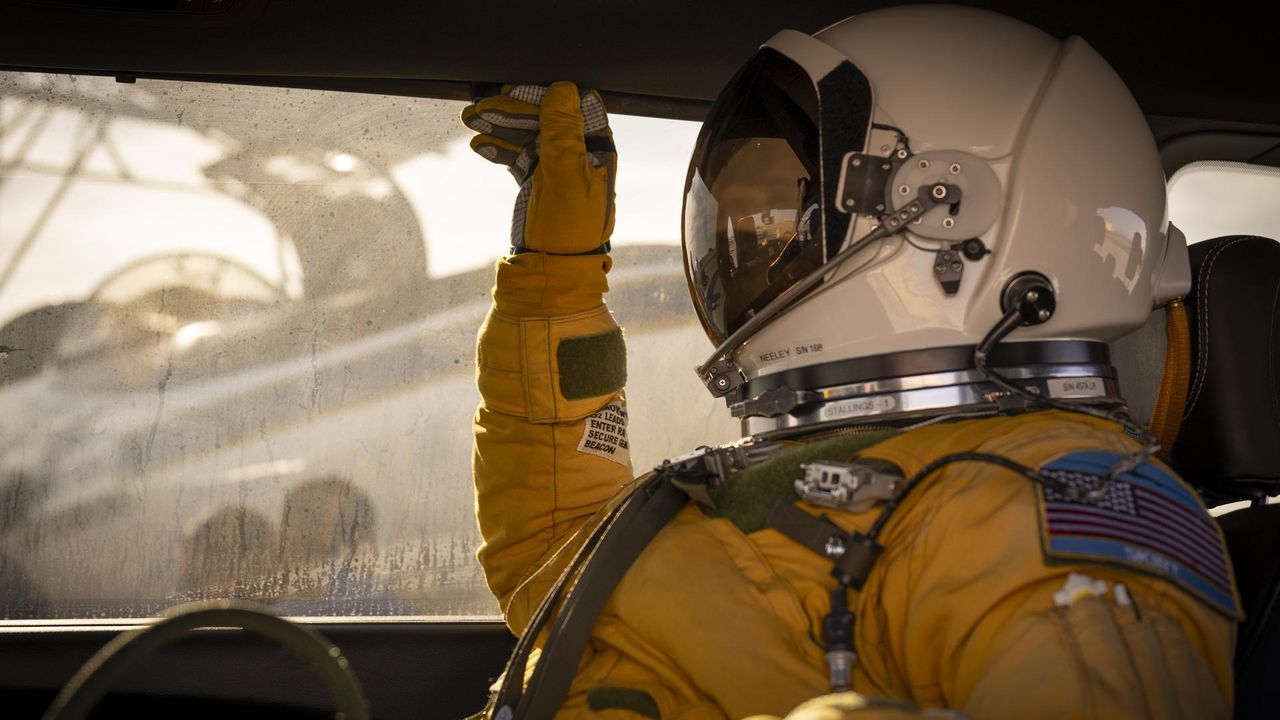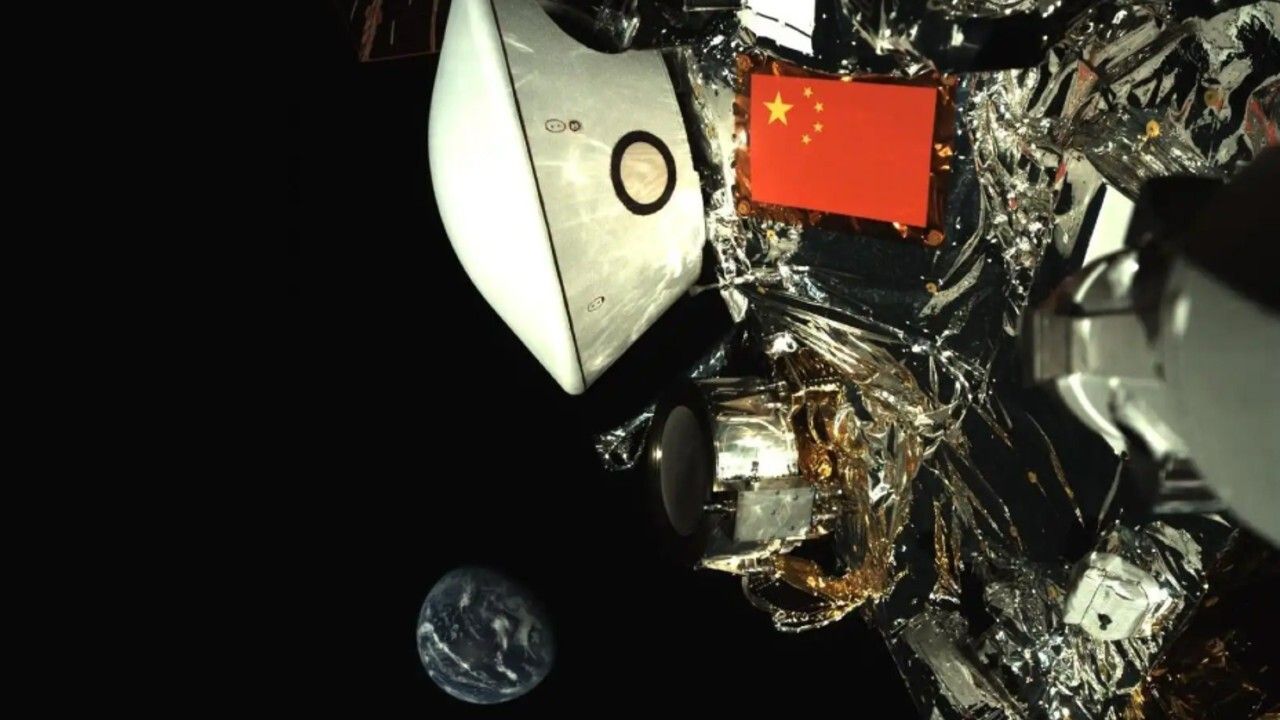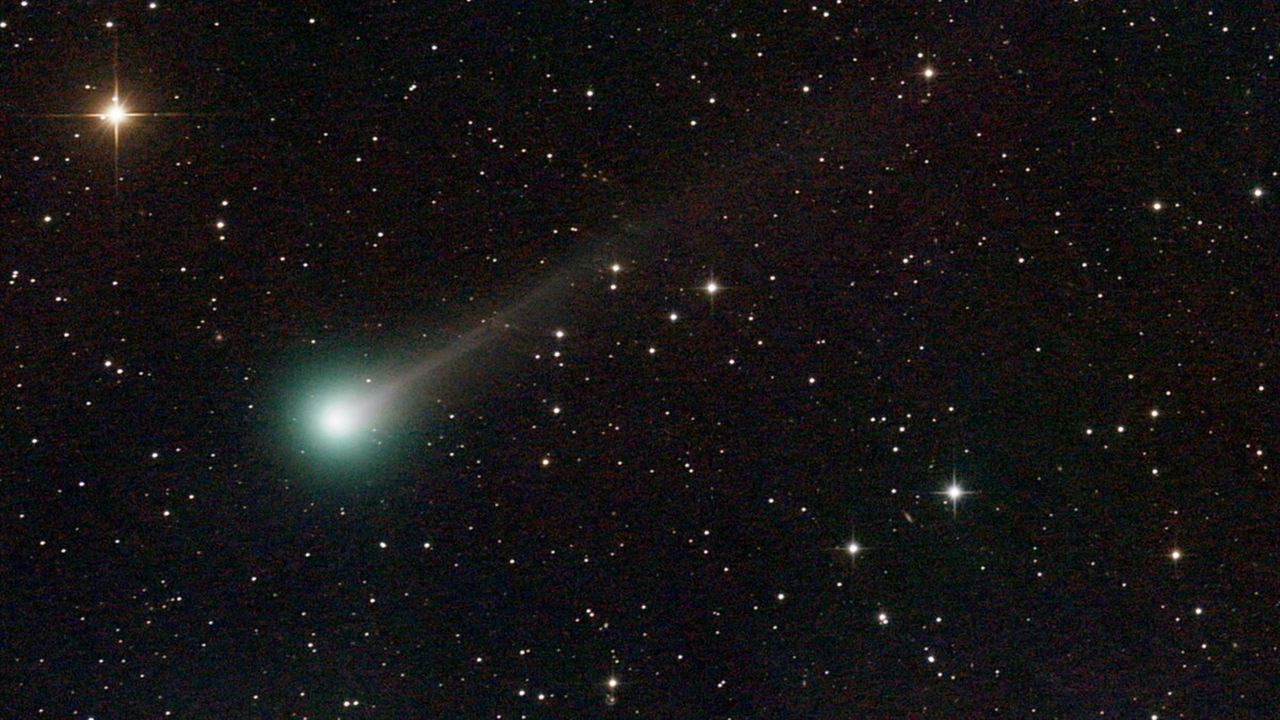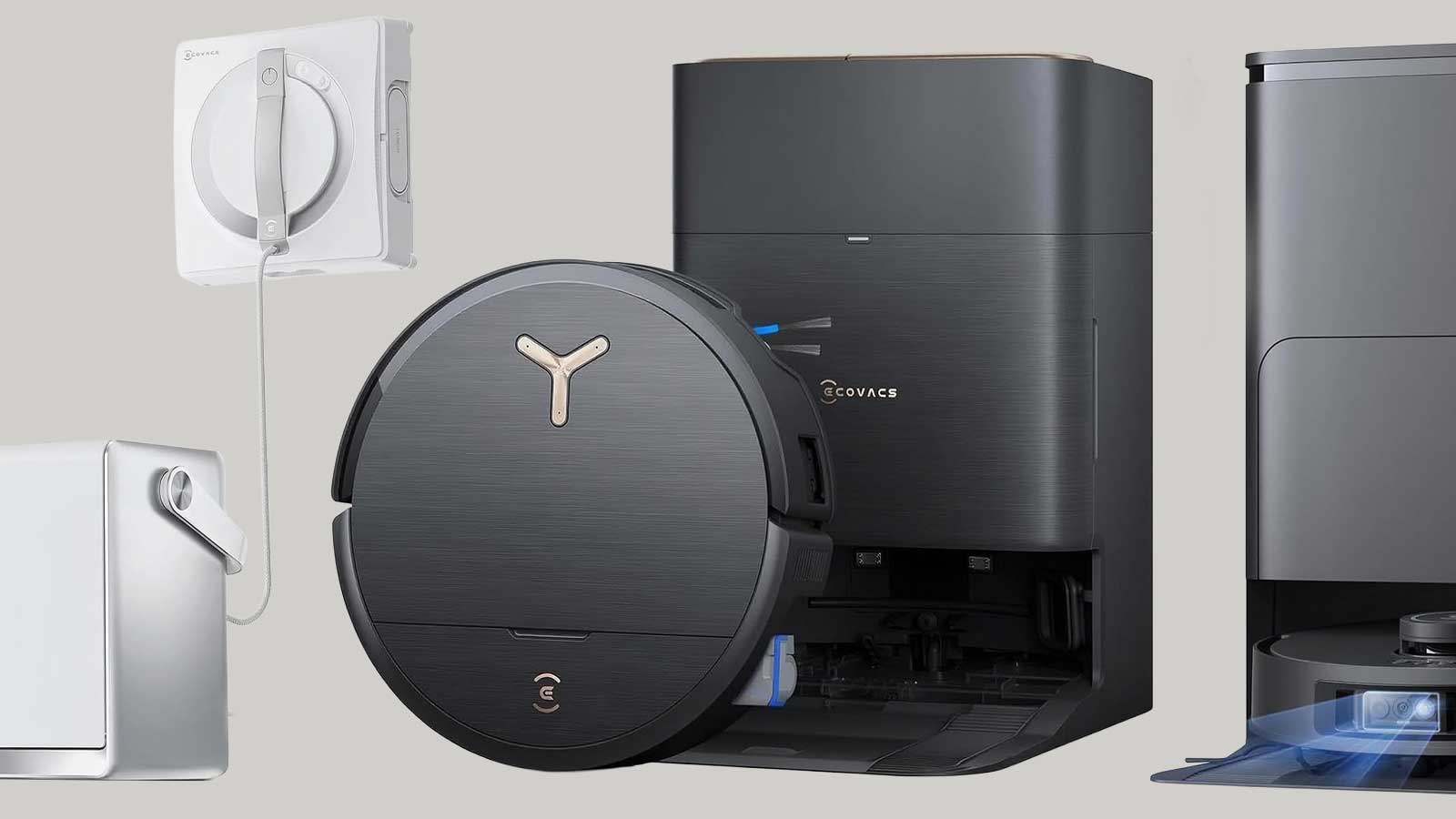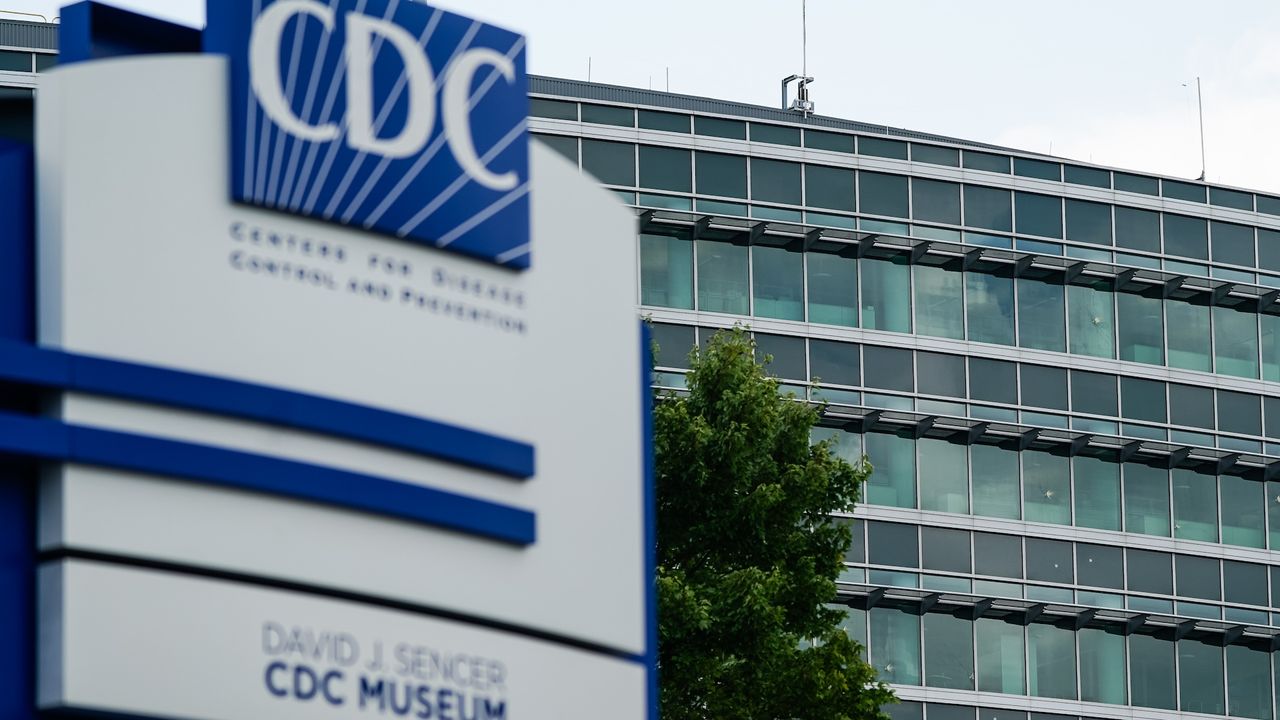Ocean Acidification Threshold Pushes Earth Past Another Planetary Boundary
NegativeScience
Recent findings reveal that Earth has crossed a crucial threshold for ocean acidification, raising alarms about the dire consequences for marine ecosystems and the livelihoods of people who depend on them. This breach not only threatens biodiversity but also poses significant risks to food security and economic stability for communities reliant on healthy oceans. Understanding and addressing this issue is vital for the future of both our planet and humanity.
— Curated by the World Pulse Now AI Editorial System
